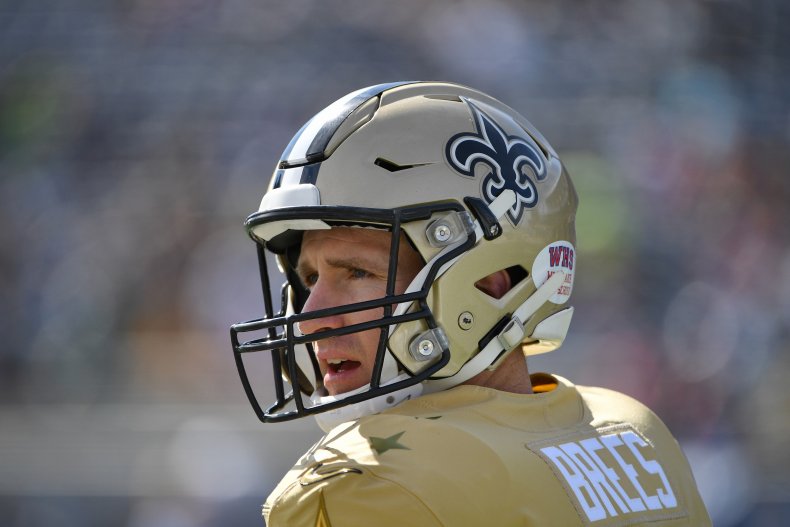More On: black lives matter
The website for Pennsylvania Democrat John Fetterman's campaign has a paragraph about Black Lives Matter taken down
Activists say that Shalomyah Bowers, the leader of the BLM, stole $10 million
Not Raided by FBI: Bidens, Clintons, Russia Hoaxers, Black Lives Matter
What exactly is Black Lives Matter?
The Democrat takeover of the BLM means the establishment of a new multimillion-dollar hub for race hustling
In her 1987 book Enemies of the People, the historian Anne Thurston recounts a professor, named You Xiaoli, who was forced to stand on a stool at a right angle in front of a crowd that had gathered on a sports field at one of China’s most venerated universities. Students, colleagues and even peasants who …
In her 1987 book Enemies of the People, the historian Anne Thurston recounts a professor, named You Xiaoli, who was forced to stand on a stool at a right angle in front of a crowd that had gathered on a sports field at one of China’s most venerated universities. Students, colleagues and even peasants who had been bused in gathered to witness the humiliating scene.
“Down with You Xiaoli!” the audience chanted at the full professor, who wore a chain around her neck that held a blackboard procured from one of the nearby classrooms. “Down with You Xiaoli!”
The scene was one of the infamous “struggle sessions” that took place in communist China during the reign of Chairman Mao. Struggle sessions were a form of physiological warfare designed to shape public opinion, and they were quite effective at enforcing class strictures and Chinese Communist Party dogmas.
Shades of Maoist-style struggle sessions have been evident in America in recent years.
On Wednesday, New Orleans Saints quarterback Drew Brees stated he would “never agree with anybody disrespecting the flag of the United States of America,” citing the military service of his grandfathers.
Brees didn’t say people couldn’t disrespect the flag, which is a constitutional right. He simply said he didn’t agree with it. Nevertheless, Brees soon received enough backlash on social media and from talking heads—”Down with Drew Brees!”—that he issued an apology on Instagram. A second apology soon followed.
One could say Brees got off easy.
On Tuesday, Grant Napear, who has called NBA games for the Sacramento Kings since 1988, resigned as play-by-play announcer for the team after being placed on administrative leave following a controversial remark on Twitter. Napear had responded to long-time Kings center DeMarcus Cousins, who had asked for Napear’s take on Black Lives Matter (BLM), by saying that “all lives matter.”
After resigning, Napear, like Brees, issued an apology.
“I’m not as educated on BLM as I thought I was,” Napear told The Sacramento Bee.
We live in politically charged times. This was true even before the tragic and senseless death of George Floyd, who died at the hands of Minneapolis police officers on May 25, sparking nationwide outrage, protests and riots. The event has rightly prompted national soul-searching about police brutality and racial equality in America.
The quest to enforce social justice, however, is beginning to threaten other values—free expression, tolerance and individualism—necessary to a vibrant and free society.
Social justice advocates, of course, have a right to champion their ideas, but some ideas increasingly are being treated as dogmas, defined as “a principle or set of principles laid down by an authority as incontrovertibly true.”
Black Lives Matter is doing work that might very well help reduce police brutality in America. That would be a wonderful thing. But to say that the premise implicit in its name—that our nation doesn’t value the lives of black Americans—must not be questioned is a kind of zealotry.
As John McWhorter observed in Time magazine following the 2016 shooting of Daniel Shaver, a Texas man shot dead by Arizona police in a hotel room while on his knees, it’s clear police kill too many people, white and black alike. Data from The Washington Post, which in 2015 created a database recording every fatal shooting nationwide, seems to bear out the hypothesis that police shootings are a problem that is not exclusive to the black community.
The question of whether police brutality is a national problem, or one that solely or predominately afflicts black America, is worthy of discussion—but it’s one that is apparently becoming off-limits.

To question the dogma that black Americans are uniquely threatened by police is to invite humiliation and denunciation from Twitter mobs, reporters and a “new guard” of young people marinated in critical theory and neo-Marxism.
As New York Times op-ed staff editor Bari Weiss recently observed, this “new guard” emerging from America’s institutions is not exactly a tolerant bunch. Raised in the cocoon of “safetyism,” a concept coined by Jonathan Haidt and Greg Lukianoff that places the right of individuals to feel emotionally safe above traditional liberal values like free speech, many are now more comfortable using illiberal tactics to suppress “problematic” ideas than wrestling with challenging questions.
This is a dangerous path for a diverse, multicultural society. Classical liberal values of free expression, free speech and tolerance for others are more important in a pluralistic society—not less important.
America’s problem with police brutality—and it is a problem—will only be solved by openly, honestly and freely discussing the policies that enable it, such as qualified immunity and police unions that make it difficult to fire bad cops—not by seeking to humiliate and punish those who don’t embrace the right symbols (kneeling) or slogans (“black lives matter”).





















